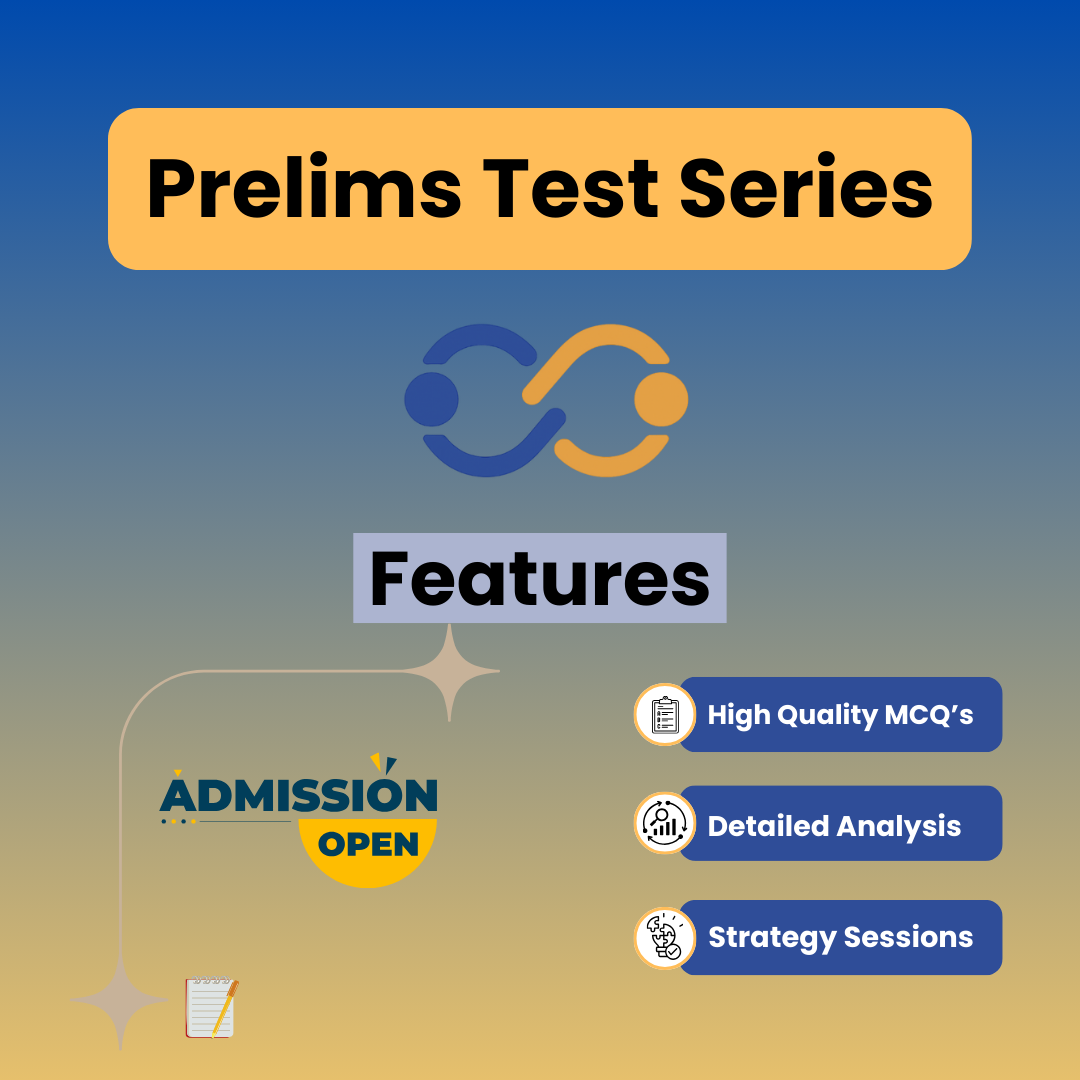Description
This article highlights concerns raised by the Supreme Court of India regarding the unchecked use of surveillance tools like Pegasus by state agencies, emphasizing that national security must not be used as a cover for violating individual rights and suppressing democratic dissent.
Summary in Short Points
- Supreme Court questions arbitrary surveillance and demands accountability.
- Pegasus spyware reportedly used against politicians, judges, journalists, etc.
- Government has not clarified whether it uses Pegasus or not.
- Surveillance must follow due process, legal backing, and institutional oversight.
- National security should not justify denial of transparency or human rights.
- Call for strict protocols and legislative supervision on surveillance actions.
- Concern over labeling dissenters as “anti-national” to suppress criticism.
Detailed Explanation for RAS Aspirants
Background Context
Surveillance by the state is a global phenomenon, often justified by the need for national security. However, democratic nations must tread a careful path, ensuring that such surveillance does not infringe upon fundamental rights like privacy, freedom of speech, and political participation.
In India, reports about the use of Pegasus spyware—a military-grade software developed by Israel’s NSO Group—triggered serious concerns. This spyware is licensed only to governments and is capable of highly invasive surveillance, particularly of iPhones.
Supreme Court's Stand
- The Supreme Court Bench did not focus on whether the state can use spyware but on who the legitimate targets could be, emphasizing that unchecked power is dangerous.
- A technical committee was formed to investigate the alleged misuse of Pegasus, but the lack of cooperation from the government and victims hindered progress.
- Several users continued to receive alerts about Pegasus targeting even during judicial proceedings.
Key Constitutional Concerns Raised
- Violation of Article 21 (Right to Life and Liberty): Surveillance without legal backing infringes upon privacy.
- Suppression of Dissent: Labelling activists, journalists, or political rivals as “anti-nationals” has become a concerning trend.
- Transparency and Accountability: The court emphasized the need for systemic checks and oversight mechanisms.
- Surveillance should not be executive-controlled alone, but must include legislative and judicial supervision.
Link to National Security
- India, like other nations, faces threats from terrorists and cybercriminals who use encryption and advanced tech.
- However, national security cannot justify blanket surveillance or infringement of individual dignity.
- There must be defined protocols, legal procedures, timelines, and public accountability.
Relevant Precedents & Frameworks
- K.S. Puttaswamy v. Union of India (2017): Supreme Court upheld Right to Privacy as a fundamental right.
- Justice B.N. Srikrishna Committee Report: Called for a Data Protection Authority and safeguards on state surveillance.
- Information Technology Act, 2000 and Telegraph Act, 1885: Current legal tools, but outdated and lacking modern safeguards.
Relevance to RAS Mains Exam
- Topics under Indian Polity, Fundamental Rights, Judiciary, Internal Security, and Ethics in Governance.
- Current affairs link to GS Paper-II and Paper-III (Polity, Security, Rights).
- Important for Essay writing and Ethics-Integrity case studies.
Conclusion
India must ensure that its approach to national security does not deviate from constitutional principles. Surveillance should serve public interest, not political ends. As technologies evolve, transparency, legal accountability, and citizen rights must form the foundation of any state surveillance policy.
MCQs for Practice
1. Which of the following fundamental rights is most directly at risk due to state surveillance without due process? a) Article 19 – Freedom of Speech
b) Article 32 – Right to Constitutional Remedies
c) Article 21 – Right to Life and Personal Liberty
d) Article 14 – Right to Equality
Answer: c) Article 21 – Right to Life and Personal Liberty
2. What was the key legal concern of the Supreme Court regarding the alleged use of Pegasus spyware?
a) Its effectiveness in combating cybercrime
b) Whether the tool was of Indian origin
c) Who can be a legitimate target for state surveillance
d) Its commercial cost to the government
Answer: c) Who can be a legitimate target for state surveillance


